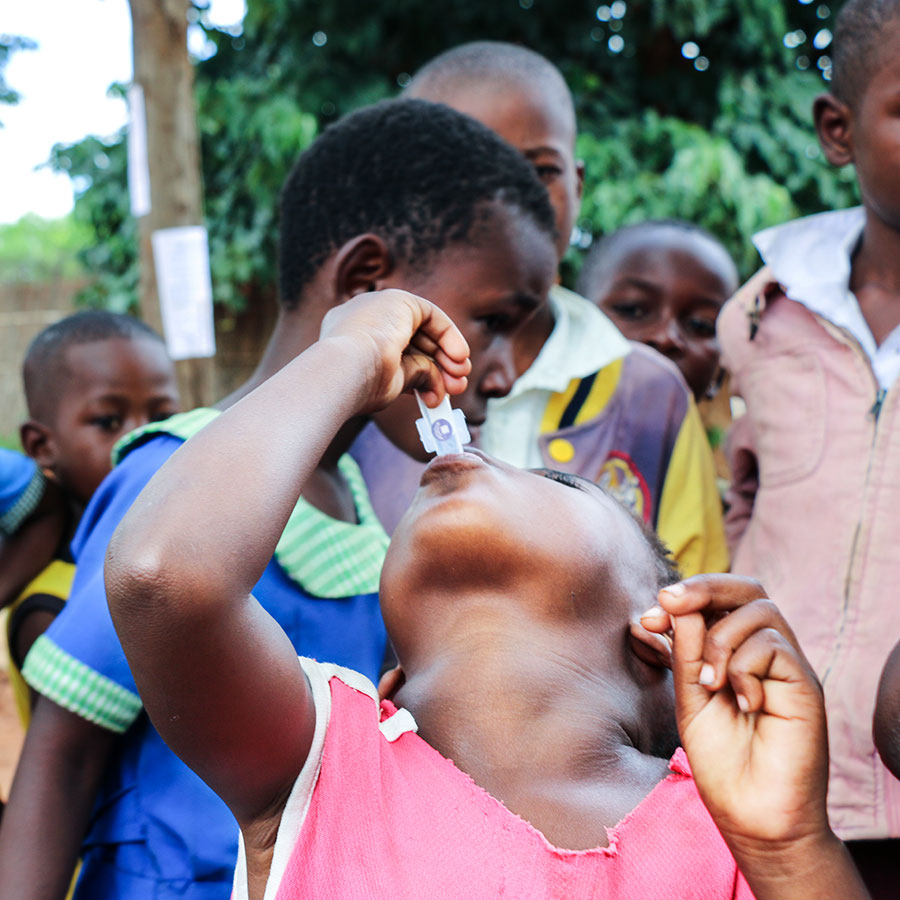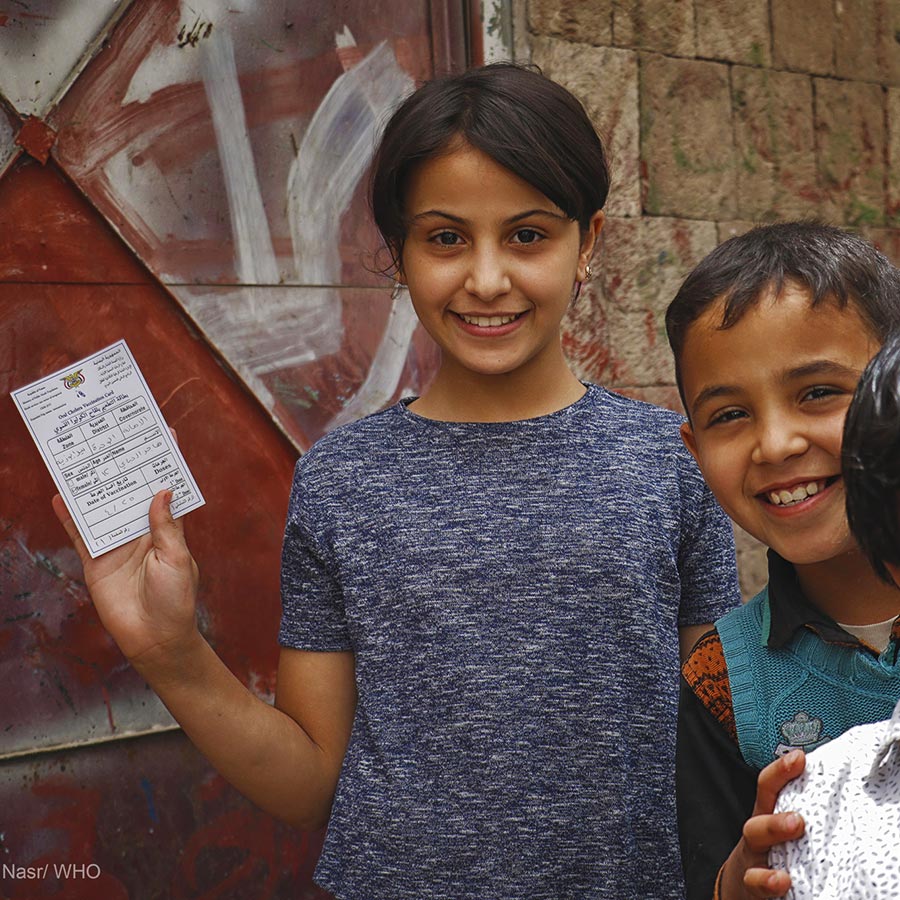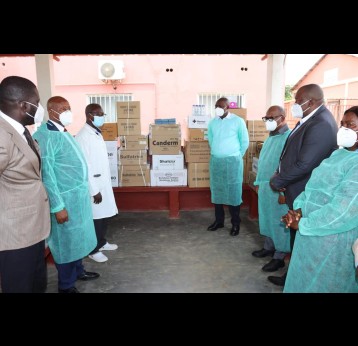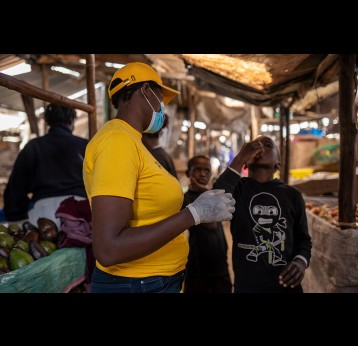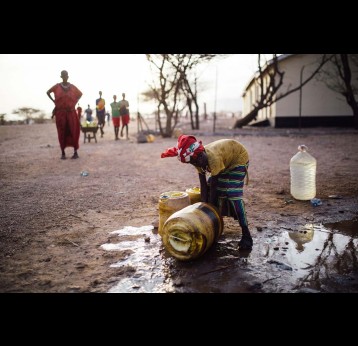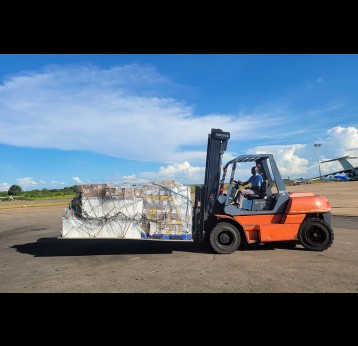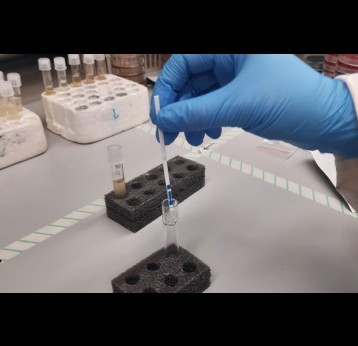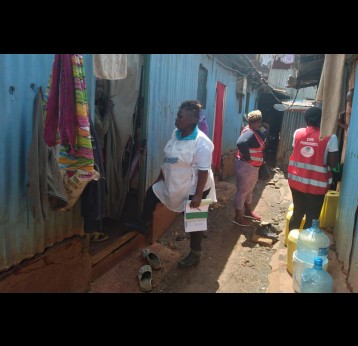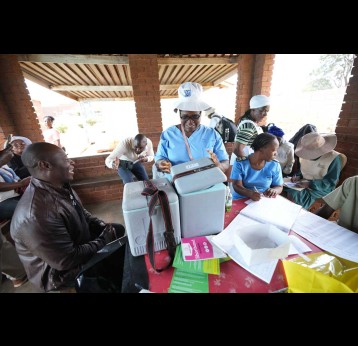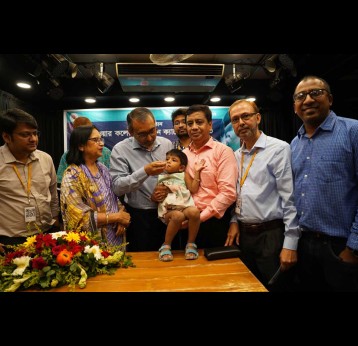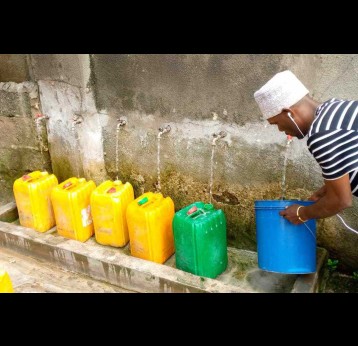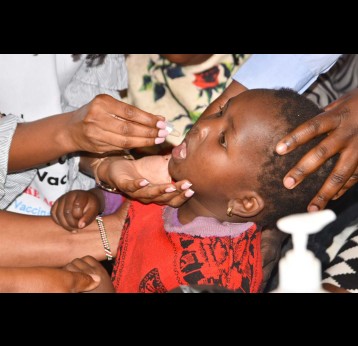Back to
Oral cholera vaccine support
- For emergency use, click here to access the Global OCV Stockpile.
- For guidance and support in planning preventive cholera vaccination, click here for Gavi Support Guidelines; then click on drop-down menu for “Vaccine information & switches”; then click on Gavi Vaccine Funding Guidelines (français) for details of Gavi’s support for OCV, and click on Preventive Oral Cholera Vaccine (OCV) Multi-Year Plan of Action Template (français) to access the application.
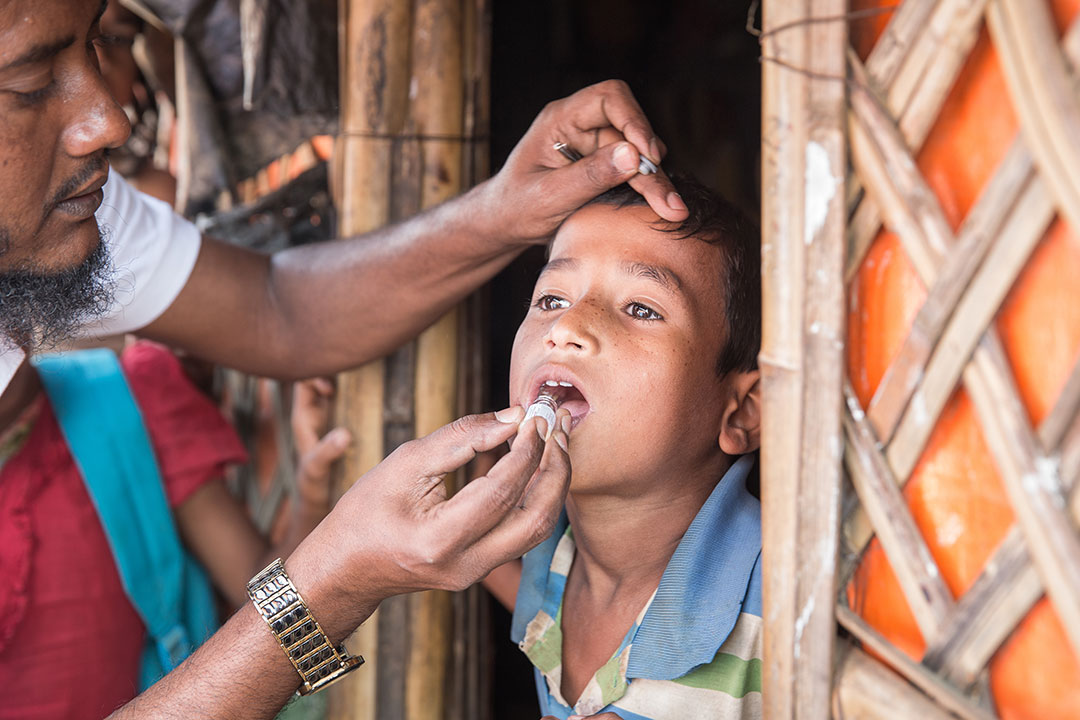
- For emergency use, click here to access the Global OCV Stockpile.
- For guidance and support in planning preventive cholera vaccination, click here for Gavi Support Guidelines; then click on drop-down menu for “Vaccine information & switches”; then click on Gavi Vaccine Funding Guidelines (français) for details of Gavi’s support for OCV, and click on Preventive Oral Cholera Vaccine (OCV) Multi-Year Plan of Action Template (français) to access the application.

